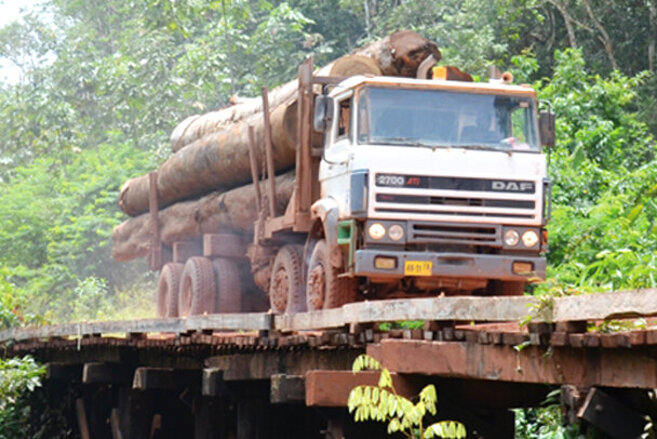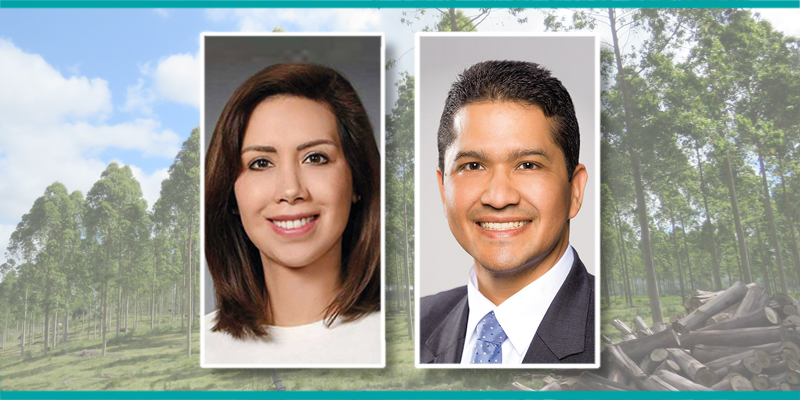Paola Pozo's main focus lies on the quantification of sustainability effects of bio-based material flows and selected import commodities. This includes analyzing the suitability of existing certification systems for monitoring sustainability effects of the bioeconomy and developing an approach to simultaneously link information on sustainability effects and traceability of import commodities.
Paola Pozo joined Thünen Institute of Forestry in October 2020 and has been working on the quantification of important bio-based material flows and their sustainability effects for the monitoring of Uruguay's bioeconomy. She completed her Master's degree in Forest Sciences and Forest Ecology at the University of Göttingen and her PhD on multifunctional and sustainable productive forests at the Technical University of Berlin. Prior to joining the Thünen Institute, Ms. Pozo was involved in various interdisciplinary projects in Europe and Latin America and has conducted field studies in Bolivia, Peru, Uruguay, Vietnam, and Germany.
Fernando Gordillo's work in the MoBi II project will focus on identifying the main countries of origin of used biomass. The focus of his work here is on the targeted analysis of specific import commodities. This makes it possible to make statements about the origin of the raw materials in imported goods. Other tasks include the analysis of specific material flows, the integration of residue and waste flows into monitoring, the updating of biobased shares of economic activities, and the development of a methodology for assessing resource efficiency and substitution. The results serve as a basis for assessing sustainability aspects of the bioeconomy.
Mr. Gordillo is conducting research for his doctoral thesis on incentive systems for the protection and provision of forest environmental services ("Payments for Ecosystem Services"). He has studied economics in Ecuador, Japan and in Marburg; he holds a Master in International Development and also in Economics and Institutions. In addition to his academic experience in corporate governance research, he brings practical work experience as a manager and as a consultant to small and medium-sized enterprises. Recently, he has been working on the topic of selection of economic sectors and quantification of biomass-related activities that are part of the Uruguayan bioeconomy.









